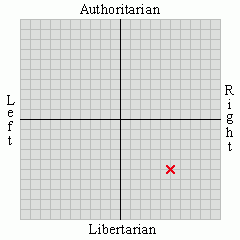Mrs Rigby somehow found herself reading the Wartime Housewife, here is an extract.
Mrs Rigby recalls multiplying fractions and decimals when she was ten. She might not have known why she was doing them, but she could, and still can - and sometimes it's useful.
If this young man is 'average' for what is now year 8(?) - and has therefore had nine years of full time education - what is it that he and his peers have learned in their daily Maths lessons?
h/t Mr Eugenides
... the process of doing papers in English Comprehension, Verbal Reasoning and Mathematics has revealed the vast gaps in his knowledge, of which I had no idea because he never gets any bloody homework. I was astonished to discover that Boy the Elder, who will be 13 in September, could not do long multiplication, long division, percentages or areas and didn’t know his tables.And earlier Wartime Housewife had been told that 'Boy the Elder'
was doing extremely well, not quite so well in Maths (apparently still at national average though)Excuse me!
Mrs Rigby recalls multiplying fractions and decimals when she was ten. She might not have known why she was doing them, but she could, and still can - and sometimes it's useful.
If this young man is 'average' for what is now year 8(?) - and has therefore had nine years of full time education - what is it that he and his peers have learned in their daily Maths lessons?
h/t Mr Eugenides
....




